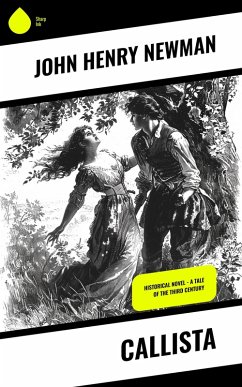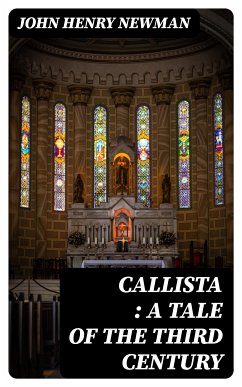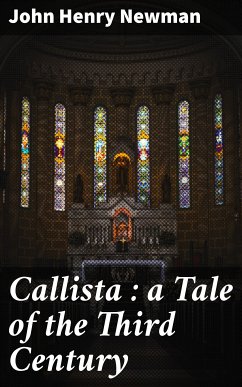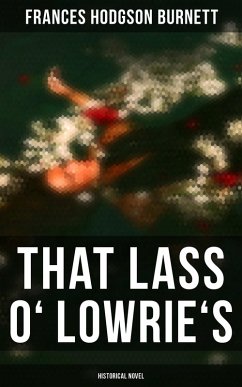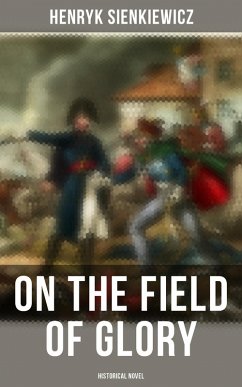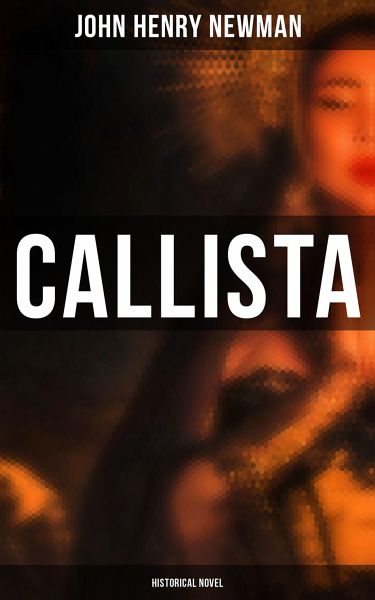
Callista (Historical Novel) (eBook, ePUB)

PAYBACK Punkte
0 °P sammeln!
John Henry Newman's 'Callista' is a historical novel that delves into the tumultuous period of early Christianity, exploring themes of faith, conversion, and martyrdom. Written in a captivating narrative style, Newman skillfully weaves together historical facts with fictional characters to bring the ancient Roman world to life. The novel portrays the challenges faced by early Christians and their unwavering commitment to their beliefs, making it a poignant and insightful read for those interested in religious history and literature. Newman's elegant prose and attention to detail immerse the re...
John Henry Newman's 'Callista' is a historical novel that delves into the tumultuous period of early Christianity, exploring themes of faith, conversion, and martyrdom. Written in a captivating narrative style, Newman skillfully weaves together historical facts with fictional characters to bring the ancient Roman world to life. The novel portrays the challenges faced by early Christians and their unwavering commitment to their beliefs, making it a poignant and insightful read for those interested in religious history and literature. Newman's elegant prose and attention to detail immerse the reader in a vivid portrayal of a pivotal moment in Western civilization. John Henry Newman, a prominent 19th-century theologian and Cardinal, drew inspiration from his own spiritual journey and commitment to the Catholic Church to write 'Callista.' His deep understanding of Christian theology and history shines through in the novel, offering readers a thoughtful and thought-provoking exploration of faith and divine grace. Newman's background as a scholar and religious leader lends authenticity and depth to the novel, making it a valuable contribution to both literature and religious studies. I highly recommend 'Callista' to readers seeking a compelling blend of historical accuracy and spiritual insight. Newman's masterful storytelling and profound exploration of religious themes make this novel a must-read for anyone interested in the intersection of faith, history, and literature.
Dieser Download kann aus rechtlichen Gründen nur mit Rechnungsadresse in A, B, BG, CY, CZ, D, DK, EW, E, FIN, F, GR, H, IRL, I, LT, L, LR, M, NL, PL, P, R, S, SLO, SK ausgeliefert werden.




